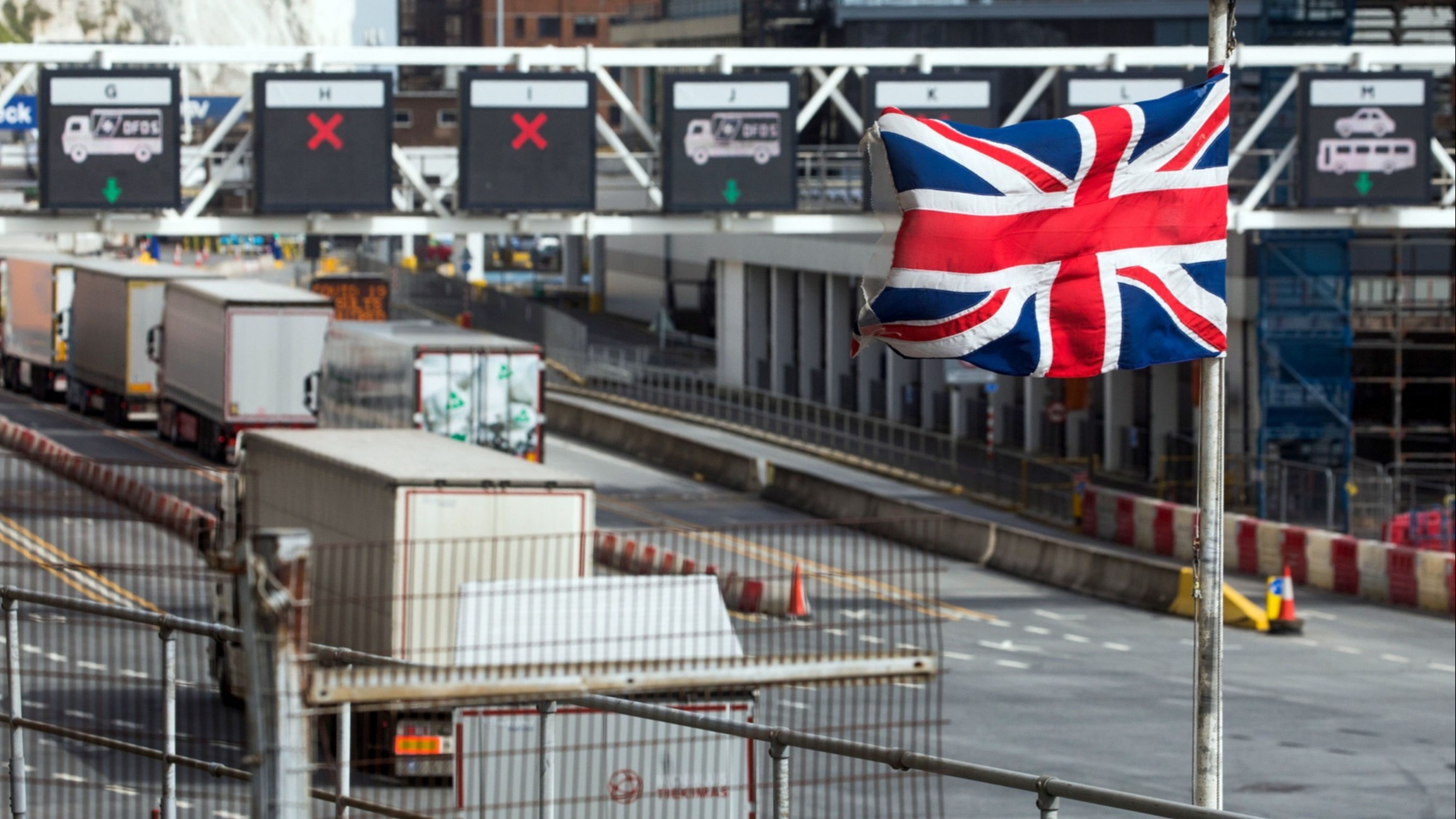UK (Parliament Politic Magazine) – The Government in the United Kingdom has said that they will wait until January of next year to do inspections on things they’re importing. This is because they need more time to get ready. Before this, there were talks in August that they were going to delay the checks at the border after leaving the European Union. They’ve already delayed it four times before this. Now, they’re going to start checking certain things like animal products, plants, and food from the EU on January 31, 2024. Some other checks will start later in April 2024.
Proper Checks with Help from Scottish and Welsh Governments
The plan for how to do all these checks was made with help from the Scottish and Welsh Governments, and they talked to businesses in the UK. They also want to make digital certificates for some products from 2023, but that depends on other countries being ready for it.
The officials say that if they don’t have proper checks, there could be big problems. For example, there was an outbreak of sickness caused by chicken products from Poland. It made many people sick and cost a lot of money.
They found that some stores were selling meat from other countries that wasn’t safe to eat in the UK. They even found out that some of these products reached almost 300 stores. This could harm the pig industry even if the sickness isn’t there.
People have different opinions about this plan and the new times they’re giving for checks. Some are happy because they think it will help businesses and keep things safe. Others are worried that the government is taking too long and might not do things right.
Farmers are upset because they’ve been facing strict rules for their exports, while other countries could easily send things to the UK. They’re frustrated that the government keeps delaying the important checks for things coming from the EU.
Business approval of the new model
A group that represents the meat trade has concerns about how often they’ll check things, what risk categories they’ll use, and how much they’ll charge for inspections. So, in simpler words, the UK government is waiting until next year to do checks on things they’re bringing into the country. This is because they need more time to prepare. Some people think it’s a good idea, while others are worried or upset about the delays.
Richard Benyon, who takes care of biosecurity at the Department for Environment, Food and Rural Affairs (Defra), adds, “It’s very important to keep the UK safe from diseases that could come in through the things we bring into the country. These rules at the border will help us have safe food and keep our plants and animals healthy.”
According to William Bain, who works on trade policy at the British Chamber of Commerce, businesses will be happy because things are clearer now. They’re getting ready for a difficult change to a digital trade system. The most important thing now is to make sure the Single Trade Window happens when it’s supposed to. The new way of using digital technology for moving goods across borders could really help small businesses, trade, and the economy.
Read More: The Regulatory Landscape of CBD in Europe
Making Things Safer Against Bio-Threats
The UK government first said they will put new rules at the borders to keep the country safe from dangers coming from other countries. This will also help trade by making it easier and cheaper. These rules will stop diseases from spreading to plants and animals. They will also make sure that the food we get is good quality.
The government also thinks this new system will save businesses a lot of money every year – around £520 million (which is about US$659 million). This is because they won’t need to do as much paperwork and give as much information when they bring things into the country.
They have a plan called the Border Target Operating Model that uses technology to make trading smoother. It will try to avoid doing things twice and causing delays. Neville-Rolfe says,
“We’re using new ways of collecting information and technology to make a really good border system. When we finish making these changes, they will help the UK’s economy and trade a lot. The government will also help businesses during this time of change.”


